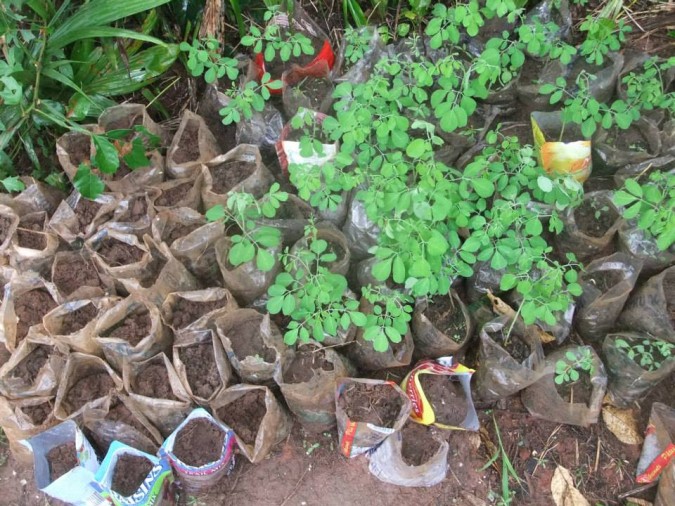
A wise friend’s mother raised her children on the mantra: “Eat good food. Be kind. Tell the truth.” These ideas have driven many of my decisions, from vegetarianism, to service with the Peace Corps, to joining a social enterprise. I admire those who won’t wait passively for someone else to start something, and I believe in doing my best to make my own small changes, that they someday may be impactful on the large, holistic scale.
This bootstrap mentality permeates American culture and policy, and according to results of a poll released last month, half of America’s republicans and two-thirds of the American population now not only believe in climate change but also support government action to address it. While I am thrilled to see more of us are finally on the same page, the mover and shaker in me is still anxiously awaiting the next steps – what are we going to do about it?
While some senators have expressed fears that we can’t address climate change without pitting “the environment versus the economy,” I’m pleased to say that Kuli Kuli has done just that. To date, we have planted over 60,000 moringa trees and employed 500 women farmers in rural communities of West Africa, a win for the environment and the economy all in one!
A quarter of all global GHG emissions are attributed to agriculture, forestry and land use, and the deforestation of tropical countries accounts for 15% of global warming pollution. The good news though is that the same sector has the potential to reverse at least half of those damages through reforestation and the reduction of deforestation. The benefits will be long term and preventative, as areas of land that are now major carbon emitters could become major carbon sinks if properly reforested, enabling trees to take carbon dioxide out of the atmosphere and release oxygen.
As many rural populations rely on natural resources and agricultural livelihoods, developing countries are the most vulnerable to the consequences of climate change – nearly 245 million hectares of forests have been degraded in Africa alone. For this reason, former Irish president and environmental justice advocate Mary Robinson has called on developed nations to lend technological and financial support to developing nations, so that they may actively participate in curbing climate change. It is difficult to imagine carbon sequestration as a tangible end goal or a resource-rich source for local communities however, so there must be economic incentives to shift from cutting down trees to cultivating them for carbon storage. Enter moringa!
Often referred to as the “miracle tree,” moringa is a viable climate change mitigation strategy, as a Japanese study found that “the rate of absorption or assimilation of carbon dioxide by a moringa tree is twenty times higher than that of general vegetation.” The moringa tree grows quickly in tropical regions, requiring only 400 mm of water per year, and it is simple enough to grow from seed or by simply planting a pruned branch of a mature tree. Moringa is also safe bet to deter deforestation. The leaves are harvested without cutting the tree, replenishing themselves within days, and the wood is not an ideal fuel source, so the trees are given a chance to reach maturity. And in the mean time, the many useful parts of moringa can address malnutrition, purify water, and improve soil quality!
In this master plan of moringa, the only missing piece is the market. Without an outlet to sell moringa, it is unlikely that communities will plant it in large quantities or rely on it as a source of income or sustenance. Alas, Kuli Kuli works to create a demand for the superfood in the U.S. so that farmers will plant more trees, harvest more moringa, and grow accustomed to incorporating the nutrient packed plant into their own diets. It almost seems too good to be true, but this little miracle might just be a way to address climate change, malnutrition, and poverty all in one.











Hi,hello from Venezuela!
I’m very interested in ALL referent to Moringa and climate change,please.
Send me all related subject.
Thanks!
Thank you for your interest! I’m sure theres plenty of posts on our blog that would spark your interest! Try this one: https://blog.kulikulifoods.com/2015/06/20/adapting-to-climate-change-how-moringa-oleifera-can-help-save-a-nutritionally-struggling-peru/